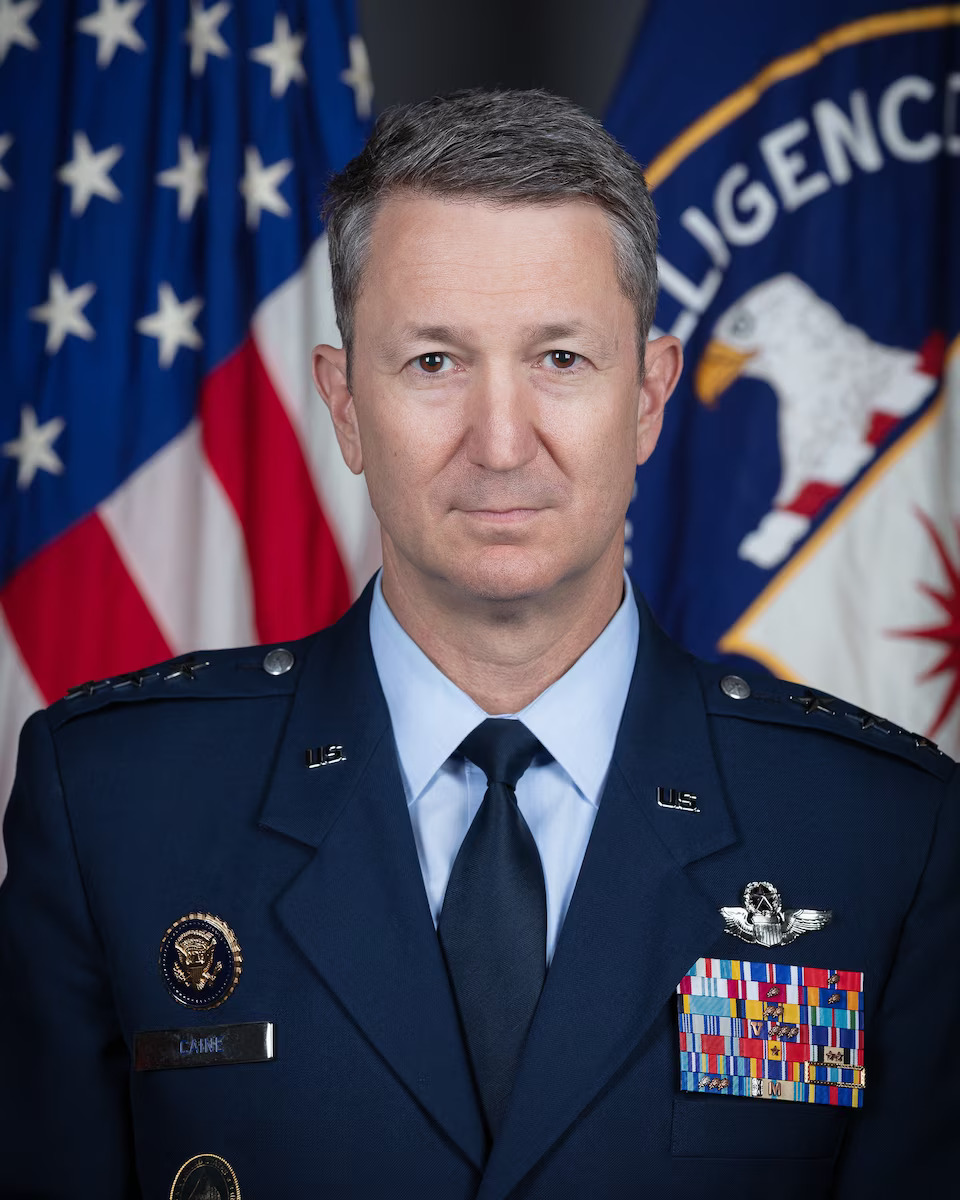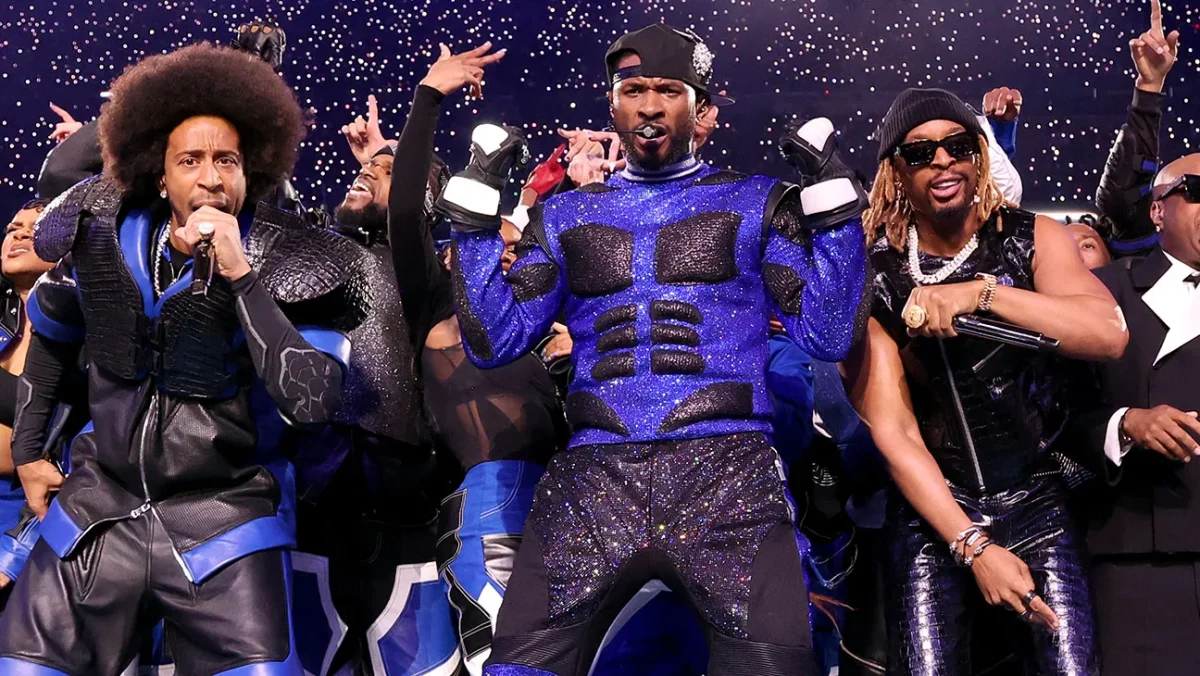In a late-night vote on April 11, the U.S. Senate confirmed Gen. Dan Caine in a 60-25 vote as the new Chairman of the Joint Chiefs of Staff (CJCS), the top military official in the country responsible for advising the president on issues pertaining to national security.
After a two-month vacancy, Caine is replacing his predecessor Gen. CQ Brown Jr., picked by former President Joe Biden in 2023, but later fired by Trump amidst the administration’s vigorous strikedown against DEI (diversity, equity and inclusion) in government offices, which he claimed Brown supported. This action seemed unprecedented due to Brown’s outstanding accomplishments and because he was only 2 years into his four-year term.
Defense Secretary Pete Hegseth additionally criticized Brown for allegedly backing what he called a ‘woke’ agenda within the military. However, it seems that he has high hopes of having Caine as the next chairman.
“The president respects leaders who untie the hands of warfighters in a very dangerous world,” Hegseth said. “I think Dan Caine is the man to meet at the moment.”
Despite being a decorated F-16 combat pilot and being in military service for 37 years, Caine is not technically qualified for the position of chairman. Caine doesn’t meet certain qualifications outlined in a 1986 law, which typically requires the chair to have served as a combatant, commander or the head of a military branch. These rules can be bypassed if the president determines the appointment serves the national interest.
“The Goldwater-Nichols DOD Reorganization Act of 1986 identifies the Chairman of the Joint Chiefs of Staff as the senior ranking member of the Armed Forces. As such, the Chairman of the Joint Chiefs of Staff is the principal military adviser to the President. He may seek the advice of and consult with the other JCS members and combatant commanders. When he presents his advice, he presents the range of advice and opinions he has received, along with any individual comments of the other JCS members,” the CJCS website states.
While there is widespread support for the new chairman, Cain has also received backlash – specifically from Democrats. Senate Majority Leader Chuck Schumer opposed the confirmation, saying in a statement that “I remain outraged” about Brown’s firing, yet he hopes that “he will continue to fight for the needs of our service members, speak truth to power, and resist Donald Trump when he’s wrong.”
At his confirmation hearing on April 1, Caine pledged to be a non-partisan leader.
“If confirmed, I’ll continue the traditions and standards of my oath of office and my commission as a nonpartisan leader who will always strive to do the right thing,” Caine said. “I am committed to the well-being of our service members and ensuring that America’s military remains apolitical and world-class.”
Caine holds a position of incredible power and will likely face difficult executive pressures and a divided political climate. The position of CJCS is difficult and will keep Caine on his toes as new military advancements and challenges come every day. His appointment to the position has been met with support and also fervent disapproval from political opponents.









